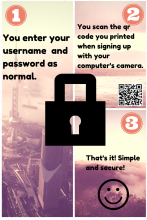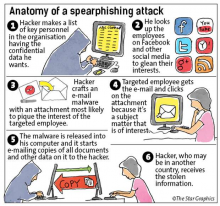Microsoft Hardens Windows Phone for Government Duty
Microsoft's love-hate relationship with the U.S. government is turning a bit more amicable, at least when it comes to Windows Phone.
The U.S. government is a big technology buyer. The 2014 federal IT budget weighs in at over $81 billion. For fiscal 2015, federal IT spending will to dip somewhat to $79 billion, according to the White House's budget (PDF).












































































